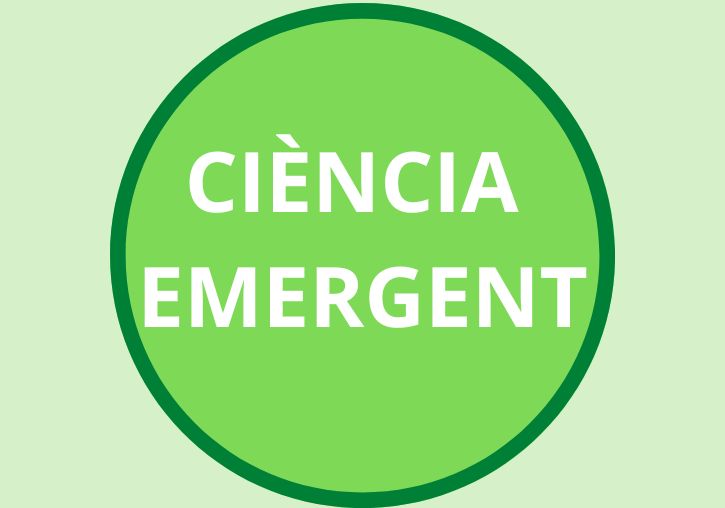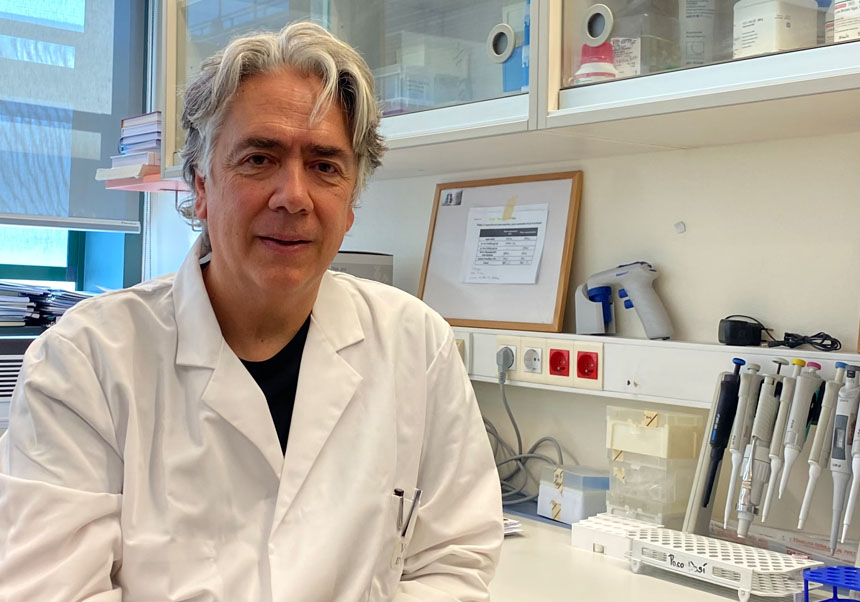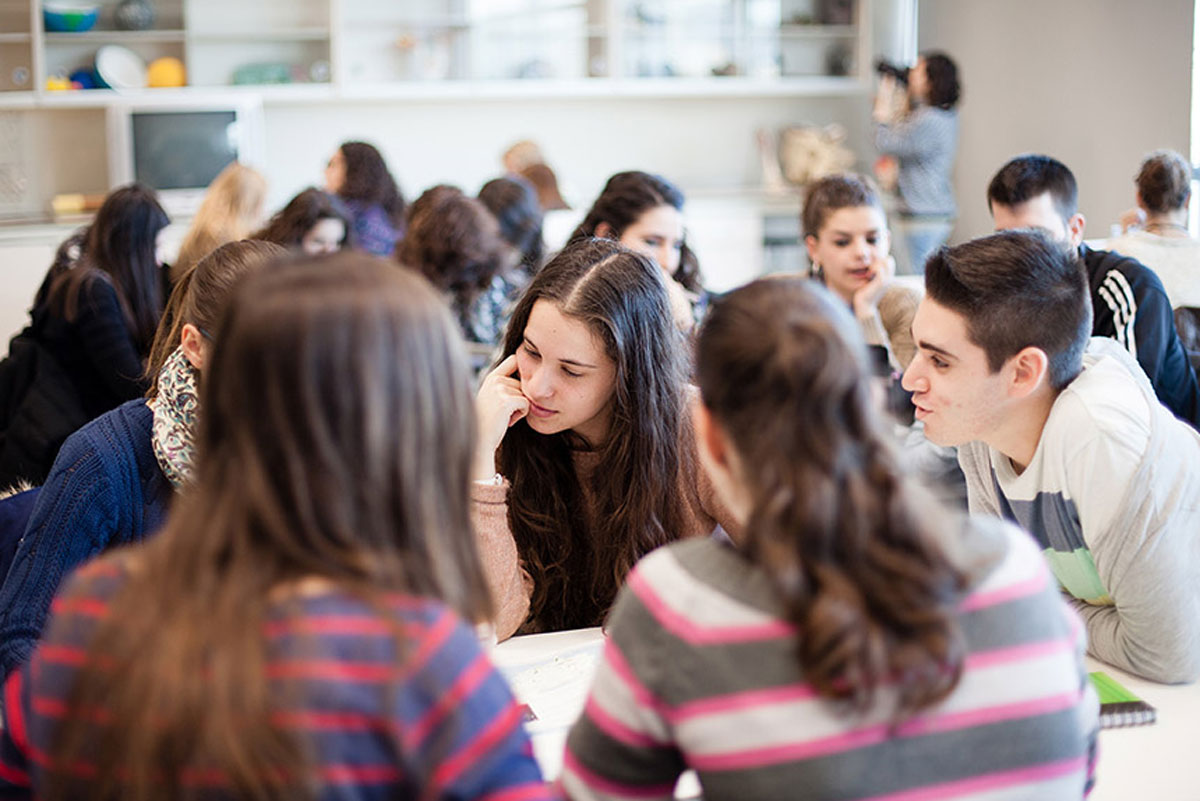The Emerging Science project shows young research from the Cavanilles, López Piñero and BIOTECMED institutes
- Scientific Culture and Innovation Unit
- January 23rd, 2023

Emerging Science, a science dissemination project where the youngest researchers at the University of Valencia explain their work through short videos, has published a new series. The Cavanilles Institute of Biodiversity and Evolutionary Biology (ICBIBE), the López Piñero Interuniversity Institute (IILP) and the University Institute of Biotechnology and Biomedicine (BIOTECMED) participate in it.
The videos can be viewed at this link.
In the project, doctoral and postdoctoral staff disseminate their own research in an accessible and informative language. In addition, they also explain the operation of the different institutes and centres of the UV and mixed ones.
On behalf of ICBIBE, Sofía Ten participates, focused on epibionts, organisms that live on other living beings such as cetaceans and sea turtles. David Ruiz explains the importance of cartilaginous fish and David March, the interactions between humans and marine megafauna. Natalia Fraija comments on various molecular techniques to monitor the marine environment, Olga Novillo deals with microplastic pollution in the Mediterranean, Pablo Amador discloses his work in the Albufera de València and Mediterranean wetlands, and David López explains his contribution to the Entomology and pest control laboratory.
The IILP collaborates with Anxo Vidal, who studies the history of scientific education, Julen Ibarburu, who analyses the history of madness in patients from the seventeenth and eighteenth centuries, and Silvia Rodríguez, who examines the regulation of pesticides in Spain and compares it with the regulation of toxic substances in the Franco era. In addition, in this edition of Emerging Science and from this centre Javier Fernández also participates with a work on the history of sexuality towards gender and the LGTBIQ collective in the twentieth century, and Josep Simón, who deals with MUSAUPOL: “Museums, Classrooms and Politics: Scientific and Technological Culture in the Spanish Transition”.
From BIOTECMED, Cristina Ros (Cell Cycle Regulation Laboratory in eukaryotic cells), Isidoro Olmeda (Oenological Microbiology and Biotechnology Laboratory) and Marta Pérez, researcher in molecular biology of microalgae, with a project at the European Space Agency, present their research. Also explaining their contribution are Héctor Carmona and Carla Molina, from the Aquaculture Pathogens Research Group who are looking for alternatives to the use of antibiotics, Alberto Yáñez (on hematopoietic stem cells and their relationship with the pathogen Candida albicans) and Celia Martínez, from Research group in Primary Metabolism and Plant Metabolic Engineering, where he studies serine, an important amino acid in the catalytic function of many enzymes.
On the YouTube channel you can check the videos of the previous editions, corresponding to the Institute of Social Welfare Policies (Polibienestar), the Institute of Molecular Science (ICMol), the Inter-university Institute for Local Development (IIDL) and the Institute of Integrative Systems Biology (I²SysBio).
Emerging Science is a project of the Scientific Culture and Innovation Unit of the University of Valencia that has funding from the Spanish Foundation for Science and Technology (FECyT) and the Ministry of Science and Innovation.
File in: Investigació a la UV , Institut d'Història de la Medicina i de la Ciència López Piñero , Internacionalització recerca , Institut Universitari de Biotecnologia i Biomedicina (BIOTECMED) , Institut Cavanilles de Biodiversitat i Biologia Evolutiva , Difusió i comunicació científica , Grups de recerca , Producció científica , Recerca, innovació i transferència



















